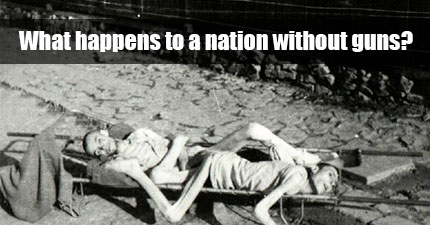

What is Genocide?
The deliberate killing of a large group of people, especially those of a particular nation or ethnic group. "a campaign of genocide"
synonyms: racial killing, massacre, wholesale slaughter, mass slaughter, wholesale killing, indiscriminate killing; mass murder, mass homicide, mass destruction, annihilation, extermination, elimination, liquidation, eradication, decimation, butchery, bloodbath, blood-letting; pogrom, ethnic cleansing, holocaust, Shoah; literary slaying; rarebattue, hecatomb

In the present Convention, genocide means any of the following acts committed with intent to destroy,
in whole or in part, a national, ethical, racial or religious group, as such:
• Killing members of the group;
• Causing serious bodily or mental harm to members of the group;
• Deliberately inflicting on the group conditions of life calculated to bring about its physical destruction in whole or in part;
• Imposing measures intended to prevent births within the group;
• Forcibly transferring children of the group to another group.
The following acts shall be punishable:
• Genocide;
• Conspiracy to commit genocide;
• Direct and public incitement to commit genocide;
• Attempt to commit genocide;
• Complicity in genocide.
The Genocide Convention was adopted by the United Nations General Assembly on 9 December 1948. The Convention entered into force on 12 January 1951. More than 130 nations have ratified the Genocide Convention and over 70 nations have made provisions for the punishment of genocide in domestic criminal law.
The text of Article II of the Genocide Convention was included as a crime in Article 6 of the 1998 Rome Statute of the International Criminal Court.
The term "genocide" did not exist before 1944. It is a very specific term, referring to violent crimes committed against groups with the intent to destroy the existence of the group. Human rights, as laid out in the US Bill of Rights or the 1948 United Nations Universal Declaration of Human Rights, concern the rights of individuals.
In 1944, a Polish-Jewish lawyer named Raphael Lemkin (1900-1959) sought to describe Nazi policies of systematic murder, including the destruction of the European Jews. He formed the word "genocide" by combining geno-, from the Greek word for race or tribe, with -cide, derived from the Latin word for killing.
In proposing this new term, Lemkin had in mind "a coordinated plan of different actions aiming at the destruction of essential foundations of the life of national groups, with the aim of annihilating the groups themselves." The next year, the International Military Tribunal held at Nuremberg, Germany, charged top Nazis with "crimes against humanity."
The word “genocide” was included in the indictment, but as a descriptive, not legal, term.
Get the full video of this clip - Click here
